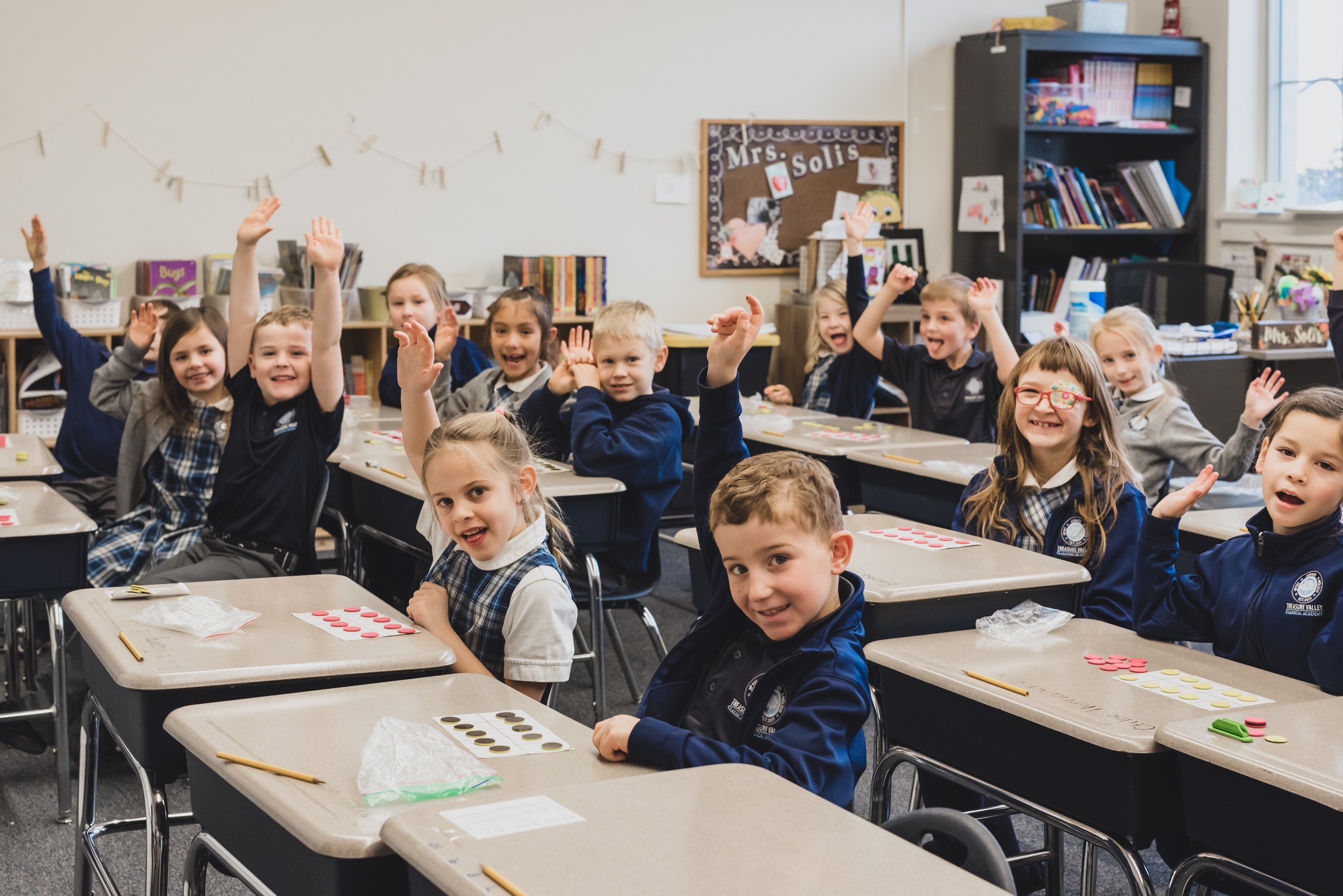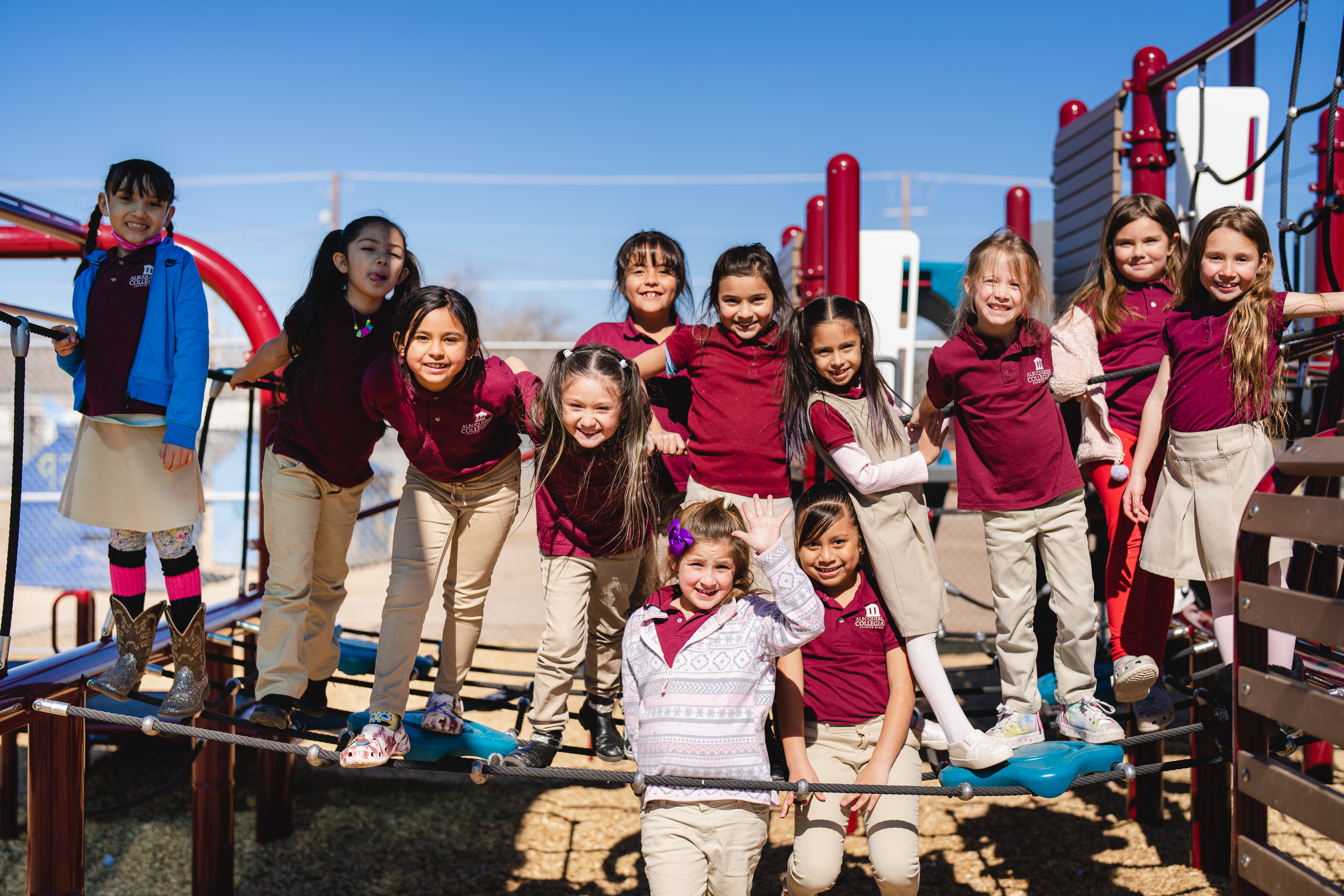
Civics & Citizenship in American Schools: Teaching Citizens & School Profiles
Teaching Citizens & School Profiles
Bluum interviewed educators from four very different public charter school networks to get a sense of how they approach teaching civics and history. Those approaches varied significantly, from Democracy Prep’s action-oriented curriculum with an emphasis on real-life experience and current events, to Great Hearts’ close study of American history source material and great books to understand the American system of government.
Below are brief descriptions of civics and history at those four public charter school networks.
Democracy Prep
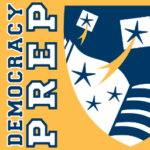 All Democracy Prep high school seniors design and implement a “Change the World” capstone project as a graduation requirement. “Scholars select and address social issues ranging from childhood obesity to increasing the civic empowerment of underrepresented communities. All of these opportunities help reinforce the importance of active participation in our democratic society as a habit that should last a lifetime,” the website says.
All Democracy Prep high school seniors design and implement a “Change the World” capstone project as a graduation requirement. “Scholars select and address social issues ranging from childhood obesity to increasing the civic empowerment of underrepresented communities. All of these opportunities help reinforce the importance of active participation in our democratic society as a habit that should last a lifetime,” the website says.
Democracy Prep educators focus on helping students stay informed about current events, using what they call a current events, or “stop the presses” protocol. So when insurrectionists breached the U.S. Capitol January 6, or George Floyd was murdered last Memorial Day, “we immediately begin drafting a number of documents,” said Rashid Duroseau, Democracy Prep’s civics program director.
Those documents contain “what teachers need to understand, just on the human level, about what is going on right now, and also how it’s going to affect the way that we interact with our scholars and what our scholars are going to be wondering about.”
In addition to providing “varied but verifiable and reliable sources” on current issues, Duroseau said, “we are also creating space for scholars to come to their own conclusions without proselytizing. Our goal is never to get them to believe what we believe; it’s to make sure that they have the appropriate tools to explore historical narratives and examine their own positionality.”
The Democracy Prep civics program website describes the networks philosophy as civics as “committed to the revolutionary work of preparing the next generation of our nation’s policymakers, organizers, activists, and public intellectuals for the complex social landscape that they have inherited.”
Great Hearts
 Great Hearts K-12 Academies, aims to prepare its graduates to become “great-hearted leaders” through a classic liberal arts education. An article from Real Clear Education in October, 2020 described the network’s approach to civics this way:
Great Hearts K-12 Academies, aims to prepare its graduates to become “great-hearted leaders” through a classic liberal arts education. An article from Real Clear Education in October, 2020 described the network’s approach to civics this way:
“In GH’s civic education courses, teachers carefully guide students through important Supreme Court cases, key founding texts such as The Federalist Papers, and landmark works such as Alexis de Tocqueville’s Democracy in America. They trace how the Declaration of Independence’s promise of “life, liberty, and the pursuit of happiness” has extended to all Americans in the 244 years since our country’s birth…GH’s curriculum also focuses on the rhetoric necessary to sustain civil dialogue—a timely topic, given our often-explosive public discourse today.”
Dan Scoggin, Great Hearts’ founder and president, said a daily two-hour Socratic seminar for all high school students is the heart of the network’s civics program. Her is how Scoggins described the seminar in an interview with Bluum:
“Students discuss the great books in the Western tradition…It’s a class in the study of what it means to be a human being, so we pick texts – great works of poetry, literature, history, philosophy that looks at what it means to be a human being.
“What is justice? What is friendship? What is my duty to myself and to others? What does it mean to sacrifice? What does it mean to preserve the good? These two hour conversations are our civic engagement, because students have to listen just as much as they speak. It’s not speech and debate, or Crossfire. It’s students listening to one another, asking questions, using textual evidence to suss out what is this text, what is this novel, what is this play saying about what it means to be a human being.
This is where we teach students to be citizens.”
Success Academies
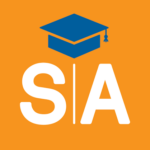 As head of middle and high school content design for Success Academies, a high-performing network of New York City-based public charter schools, Mark Soriano is in charge of the network’s civics programs.
As head of middle and high school content design for Success Academies, a high-performing network of New York City-based public charter schools, Mark Soriano is in charge of the network’s civics programs.
Like Great Hearts, civics at Success is centered on the study of American history, for all three middle school years and again in the senior year of high school.
“We center our (middle school) students on the primary sources; especially the great primary sources of American history so founding documents, court cases speeches and so forth.”
High school seniors take a deeper dive, Soriano said, finding an area of history or civics that interest them, and writing a 15-to-20-page research paper that includes “a proposal on how the government could do to fix or correct this problem you’ve identified.”
Success is in the process of revamping its approach to civics, adding a course on civics and economics to eighth grade, as students transition from world history to American history.
Most important, Soriano said, the eighth-grade class will be grounded in community service. “We believe that service is at the center of civics,” he said. “Our whole organization is founded on the idea that if you see an injustice or a problem, rather than just sit on the sidelines you actively try to fix it.”
He said Success Academies came to be because founder Eva Moskowitz perceived injustice in the poor education low-income kids of color were receiving in New York City Public Schools and decided to do something about it. “We want to inculcate that kind of approach to American problems in our kids early,” Soriano said.
Success Academies has put its full history curriculum online for public use. It is free and downloadable, though for the time being you must register to gain access to it.
Treasure Valley Classical Academy
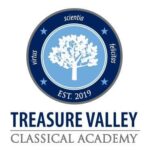 Treasure Valley Classical Academy founder school leader Stephen Lambert explained the mission of his school this way:
Treasure Valley Classical Academy founder school leader Stephen Lambert explained the mission of his school this way:
“Our mission is to train the minds and improve the hearts of our students through a classical, content-rich curriculum that emphasizes virtuous living, traditional learning and civic responsibility. That mission statement is deeply rooted in ideas that have existed in Western civilization for thousands of years, beginning with the ancient Greeks. And it is that citizens have to be prepared to take on their role in a civil society. In order to do that, we need to form and shape character and to provide knowledge.”
Lambert, a retired Air Force Colonel, continued,
“James Madison, the father of the Constitution, said that in order for us to keep our republic, we need citizens of virtue and knowledge. He said that in Federalist 55, in defense of the Constitution. Plato wrote that even a just man will do unjust things given the right circumstances. That’s negative inertia if you’re trying to build a civil society. So, you have to form and shape character. Plato’s most famous student, Aristotle, said it takes a lifetime of hard work to become a person of good habits. So, we’re in the daily work of shaping virtue and building good habits in these future citizens.”
Lambert acknowledges that his approach to teaching history and civics is a departure from what other schools may do. He shared:
“Our school culture and ethos has character-building deeply embedded in it…We use a content-rich curriculum that is overseen by the Barney Charter School Initiative and Hillsdale College [in Michigan] in order to build in our students what Dr. E.D. Hirsch has called cultural literacy. In other words, to become American citizens, you have to have a lexicon and the background, the idiom, the vocabulary, the knowledge to understand what these things mean in context…
…We read the great books, we read the great minds. This is a liberal arts and science education that truly is well-rounded and prepares students to, at the end of their senior year in high school, have lots of opportunities at their fingertips.”
Hillsdale’s Barney Charter School Initiative’s writings and readings on history and civic education can be found here.
 Loading...
Loading...
—
Listen to an interview with Alan Gottlieb and Terry Ryan here.


